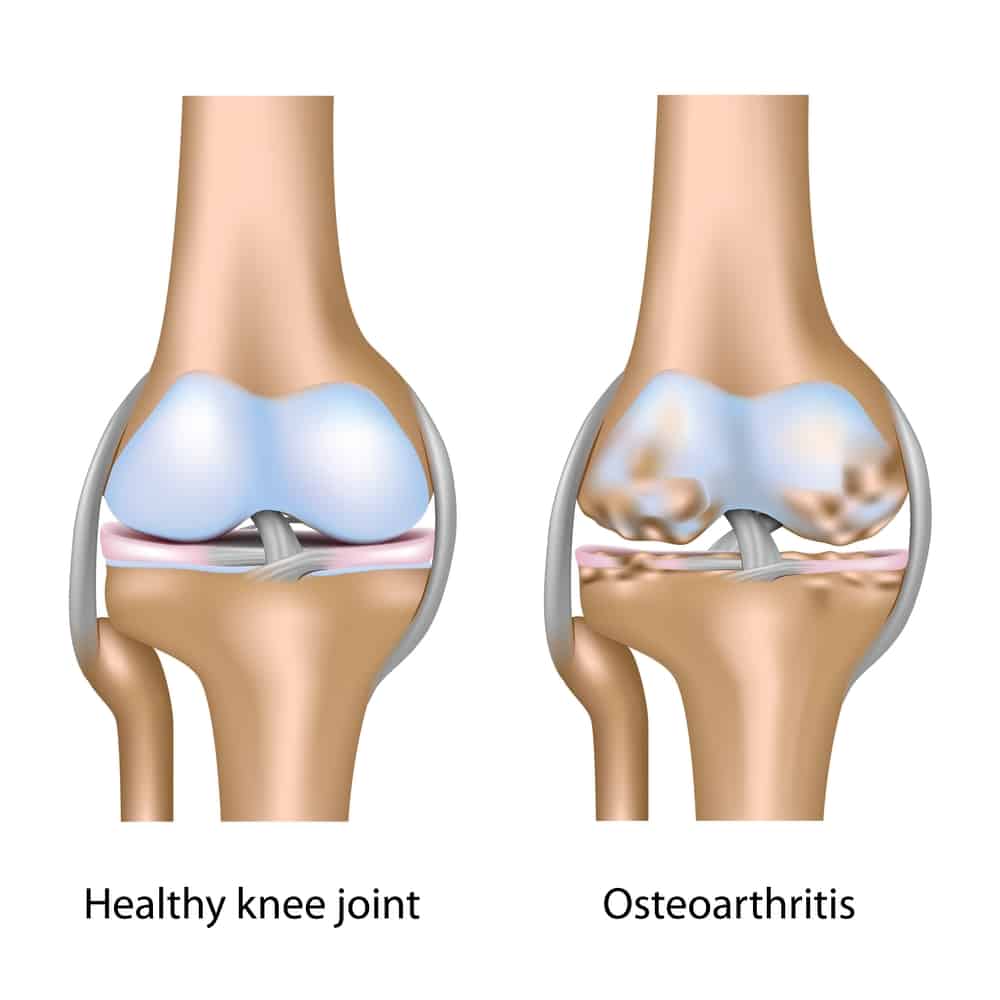When faced with orthopedic issues such as joint pain, fractures, or musculoskeletal injuries, finding the right orthopedic surgeon is paramount to receiving quality care and achieving optimal outcomes. However, many individuals may wonder whether they have the freedom to choose their own orthopedic surgeon or if they are limited by insurance constraints or healthcare provider networks. In this article, we explore the factors that influence your ability to choose an orthopedic surgeon and provide guidance on how to make informed decisions about your healthcare provider.
Understanding Your Options:
In most cases, you have the freedom to choose your own orthopedic surgeon, especially if you have private health insurance or are willing to pay out-of-pocket for services. However, there are some factors that may influence your choices, including:
- Insurance Coverage: If you have health insurance, your plan may have a list of in-network providers or preferred providers that offer services at lower costs. While you're typically free to choose any orthopedic surgeon, seeing an in-network provider may result in lower out-of-pocket expenses.
- Referrals: Your primary care physician or another healthcare provider may provide a referral to a specific orthopedic surgeon based on their expertise and specialization. While you're not obligated to see the recommended surgeon, their referral may offer valuable insights into potential options.
- Location and Accessibility: Consider the location and accessibility of the orthopedic surgeon's practice. Choosing a surgeon who is conveniently located can make it easier to attend appointments and follow-up visits, especially if you require ongoing care or rehabilitation.
- Credentials and Experience: Research the credentials, experience, and specialization of potential orthopedic surgeons. Look for board-certified orthopedic surgeons who have extensive experience and a track record of successful outcomes in treating your specific condition.
- Patient Reviews and Recommendations: Read patient reviews and seek recommendations from friends, family members, or other healthcare providers who have experience with orthopedic surgeons. Personal testimonials can provide valuable insights into the surgeon's bedside manner, communication style, and overall patient satisfaction.
- Communication and Compatibility: Schedule a consultation or initial appointment with potential orthopedic surgeons to assess their communication style, approach to treatment, and compatibility with your preferences and needs. Building a strong doctor-patient relationship is essential for effective collaboration and successful treatment outcomes.
Making Informed Decisions:
When choosing an orthopedic surgeon, it's essential to prioritize your individual needs, preferences, and comfort level. Don't hesitate to ask questions, seek second opinions, and advocate for yourself throughout the decision-making process. Remember that you have the right to choose a healthcare provider who aligns with your goals and values, and who can provide the personalized care and attention you deserve.






Comments